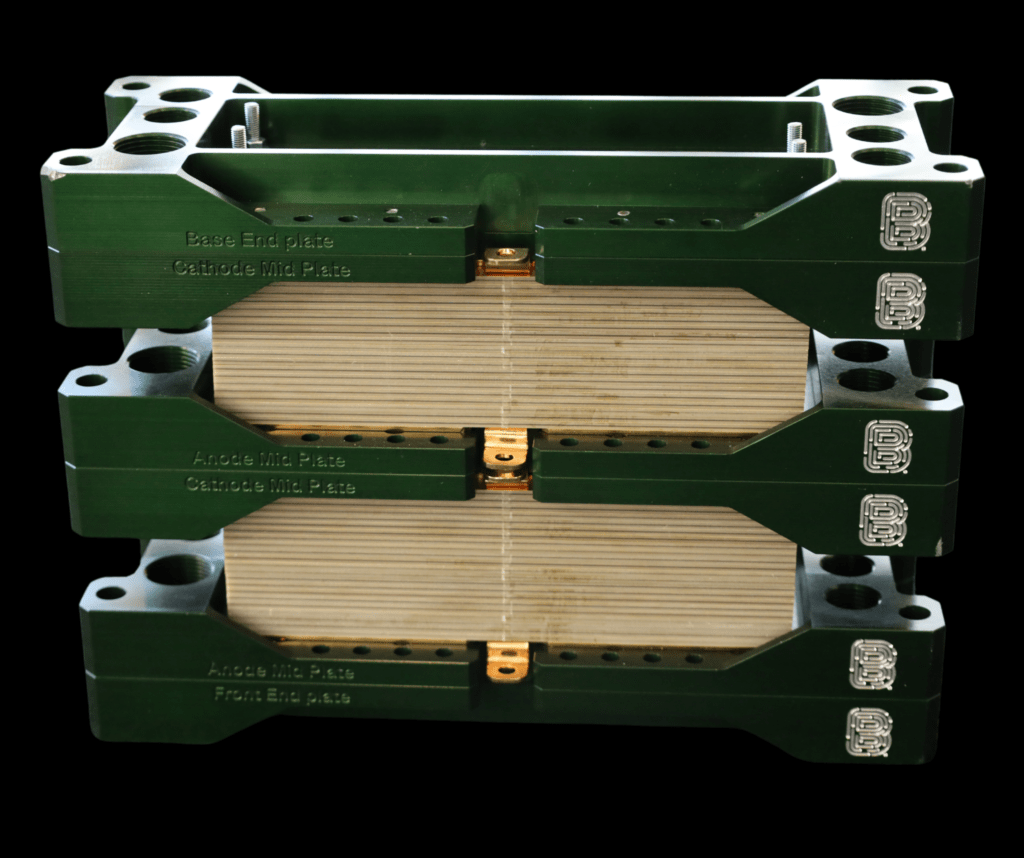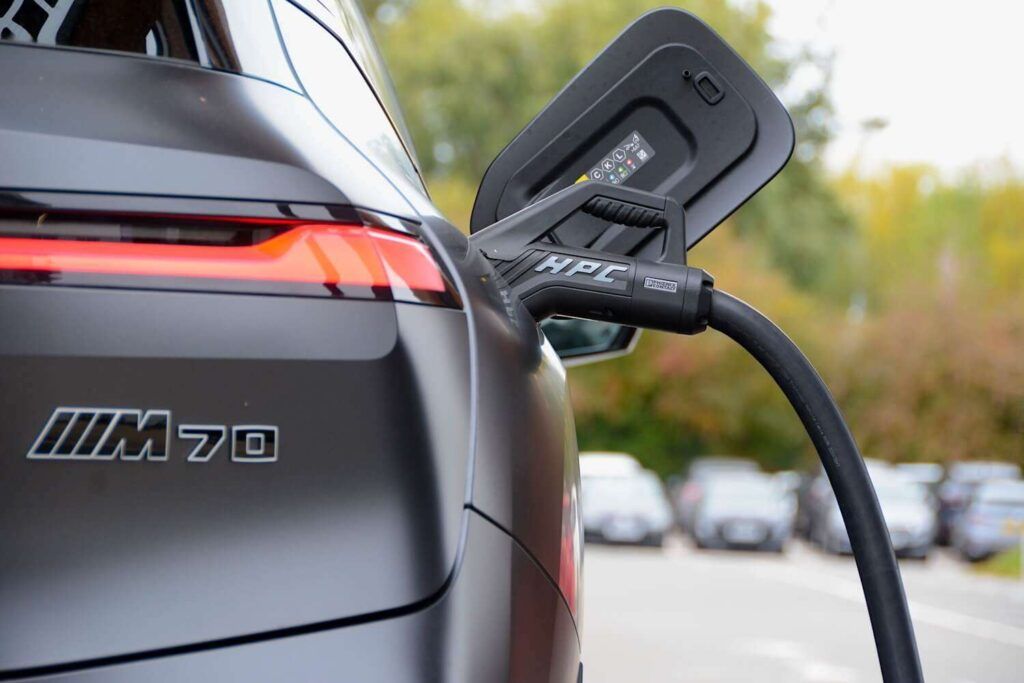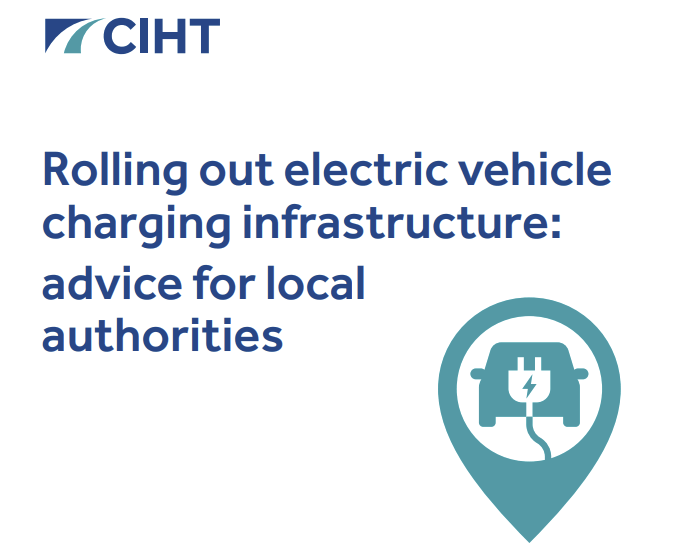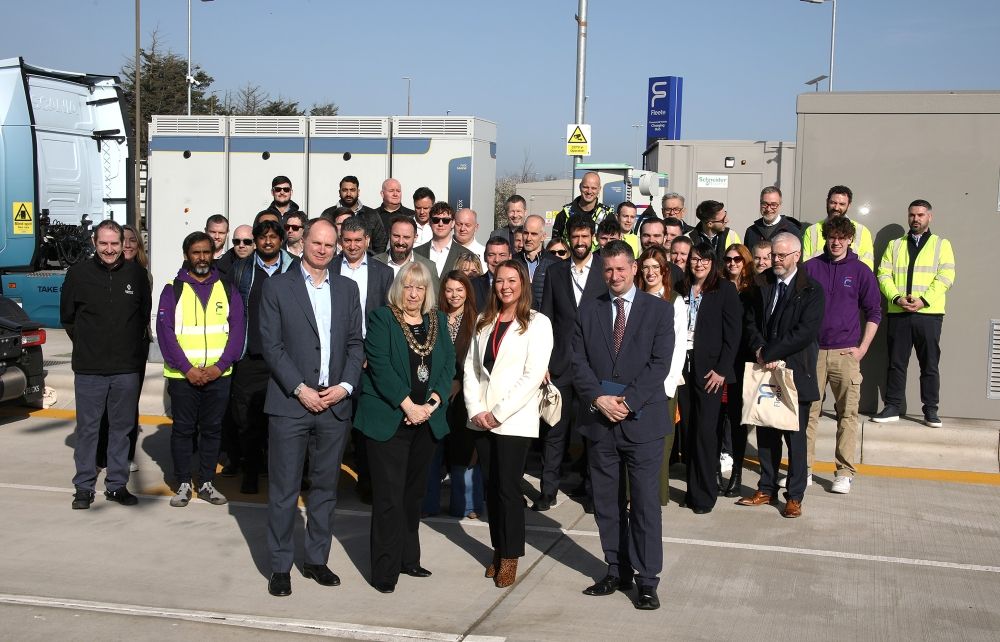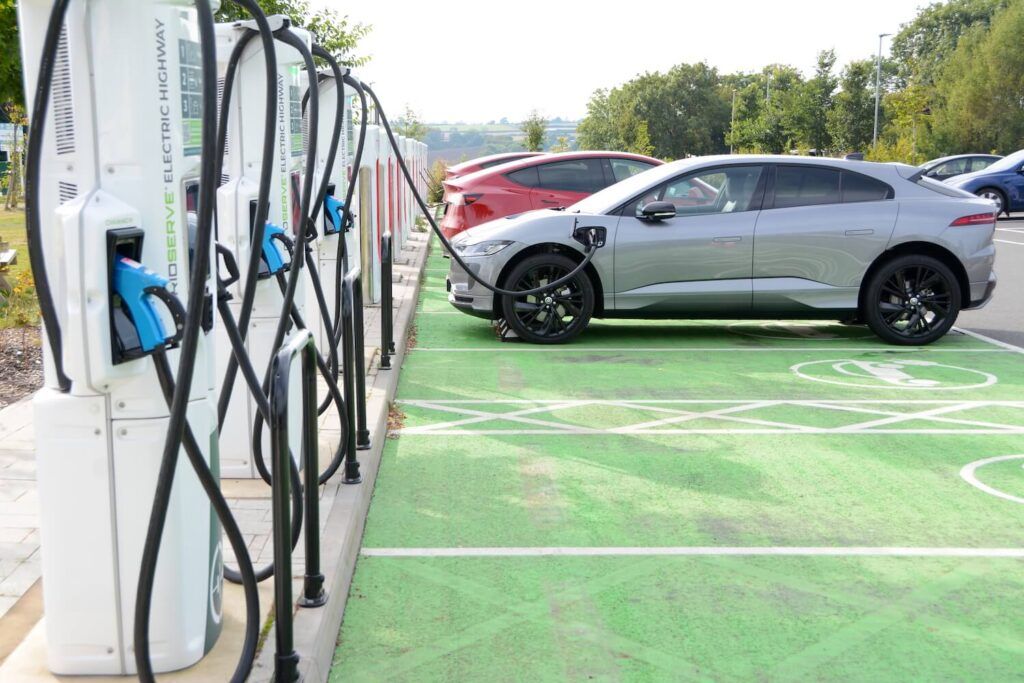Hydrogen fuel cell technology startup, Bramble Energy, has secured just under £1m in government funding from BEIS to help replace diesel engines in boats.
The money will be used to further develop their hydrogen fuel cell technology, potentially saving 50,000 tonnes of CO2 per year. The unique fuel cell will be the basis for a fully compliant demonstrator vessel, crucial for the rapid adoption of hydrogen within inland waterways.
The funding will be used by Bramble Energy and partners to bring together a strong, UK based commercial consortium to develop an affordable fuel cell system for mass maritime decarbonisation.
The consortium will be led by Bramble Energy who has partnered with one of the UK’s leading marine engine suppliers, Barrus, in the ‘HyTime’ feasibility project. Barrus will deliver the vital technical, commercial and legislative requirements of the marine market and provide the direct route to market exploitation.
The “HyTime” project will be a first in the marine sector and supports wider ambition for Bramble Energy to develop Printed Circuit Board Fuel Cell (PCBFC) systems for other maritime applications.
Chief Operating Officer, Vidal Bharath at Bramble Energy, said: “Achieving net zero is contingent not only for decarbonising the UK’s roads, rails and air space, but also the inland and coastal waterways too. Fuel cells are one of the most promising technologies for decarbonising the maritime sector as they provide not only a range extender to pure battery systems, but also to remove the reliance on a charging base.
“This project provides the perfect opportunity to demonstrate our decarbonising technology in a real world, challenging environment across an industry where we are gaining momentum. To add to the excitement, we are honoured to be partnering with a worldwide leading custom-engine builder, Barrus.”
Managing Director, Robert Muir at Barrus, said: “For over 100 years, Barrus has been championing innovations within the marine industry, including developing electric and diesel-electric hybrid power plants for the inland waterways market.
“We are incredibly proud to be the first to create a medium-sized range zero-emissions, commercially viable solution for inland waterways vessels and to advance the knowledge of safe integration and hydrogen fuel cells’ operation in marine environments. We are delighted to partner with Bramble Energy to decarbonise our inland waterways in this game-changing project.”
The UK is globally recognised as a maritime nation, with a shipbuilding industry that exports around the world. The maritime sector contributes to 940 million tonnes of CO2 per year, equating to approximately 2.5% of global greenhouse gases (GHG).
The Clean Maritime Plan requires new vessels to be zero-emission capable from 2025.
The goals for the “HyTime” feasibility project are:
- assessing the market and business case for affordable hydrogen and the infrastructure required at marines to supply hydrogen to the vessels
- complying with the UK Recreational Craft Regulation, relevant UK Pressure Regulations and EMC Regulations
- target a fuel cell size of 10kW, where there are currently no marinised fuel cell options available
- designing a propulsion system for inland waterways and light marine craft which provides a low-cost zero emission option for the vessels.
Image: courtesy Bramble Energy




